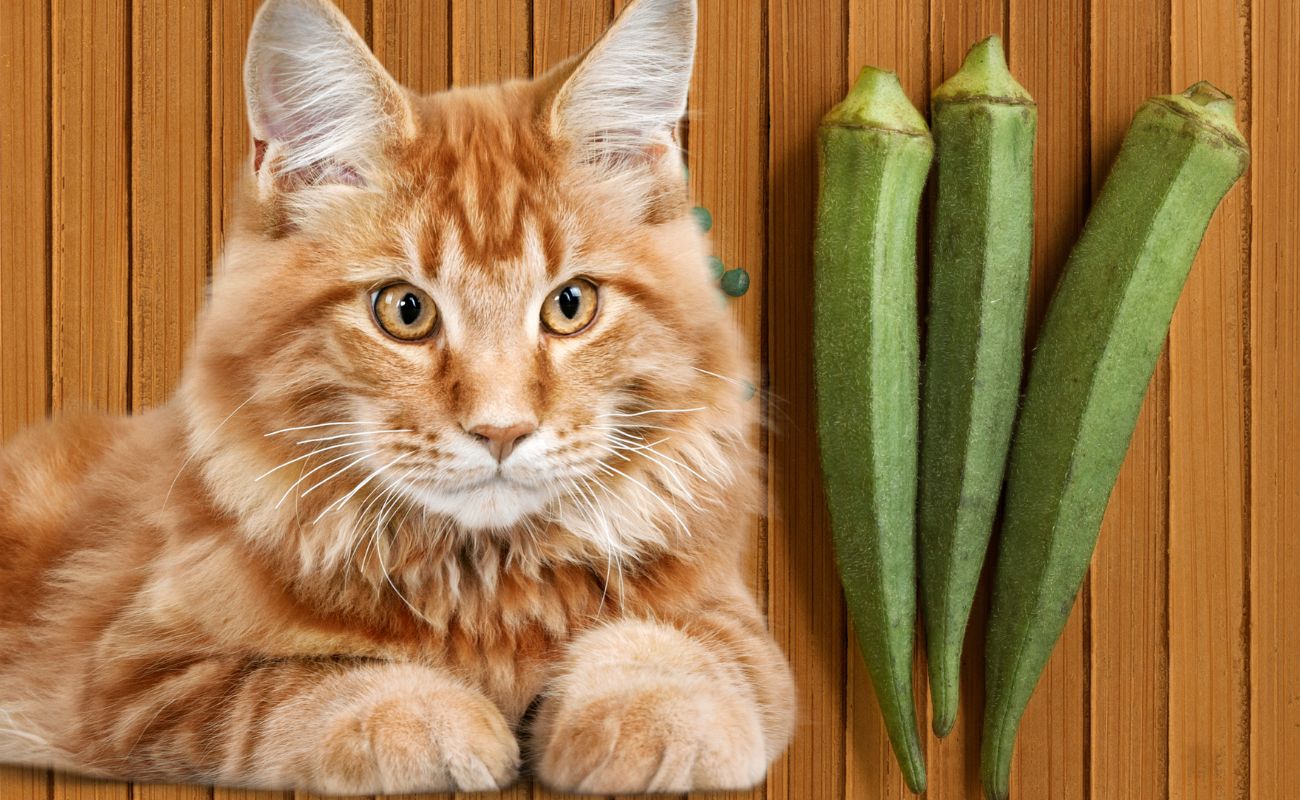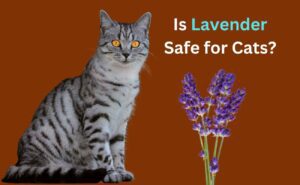As pet owners, we often wonder about the safety of various foods for our furry friends. One common question is, “Can cats eat okra?” Okra, a nutritious vegetable for humans, has several health benefits, but is it suitable for our feline companions? This blog delves into whether okra is safe for cats, its potential benefits and risks, and how to introduce it into their diet if it’s deemed safe.
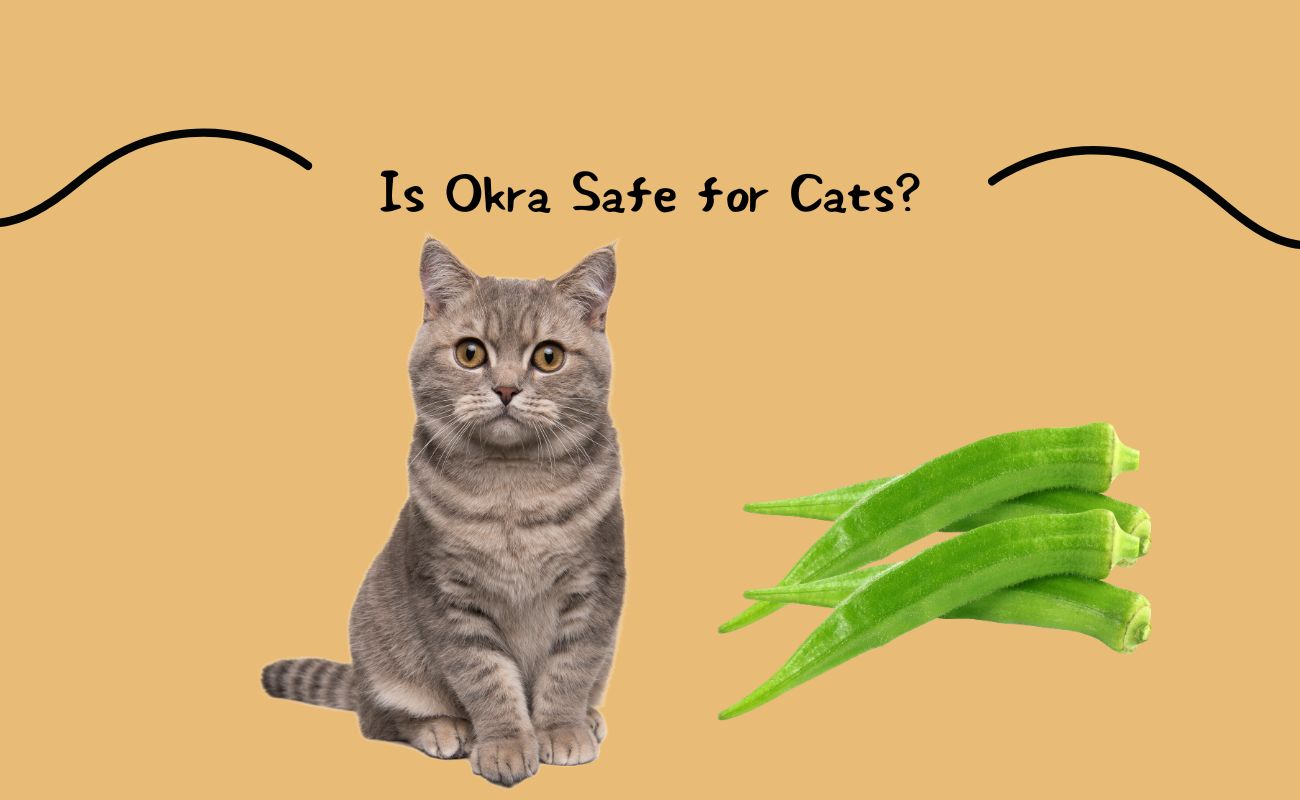
Is Okra Safe for Cats? Can Cats Eat Okra?
Cats are obligate carnivores, meaning their diet primarily consists of meat. However, they can occasionally eat certain vegetables and fruits. Okra is generally safe for cats in small amounts, provided it is cooked and served plain. Raw okra can be tough to digest and may pose a choking hazard. Always consult with your veterinarian before introducing any new food to your cat’s diet to ensure it won’t cause any adverse reactions or interfere with their nutritional needs.
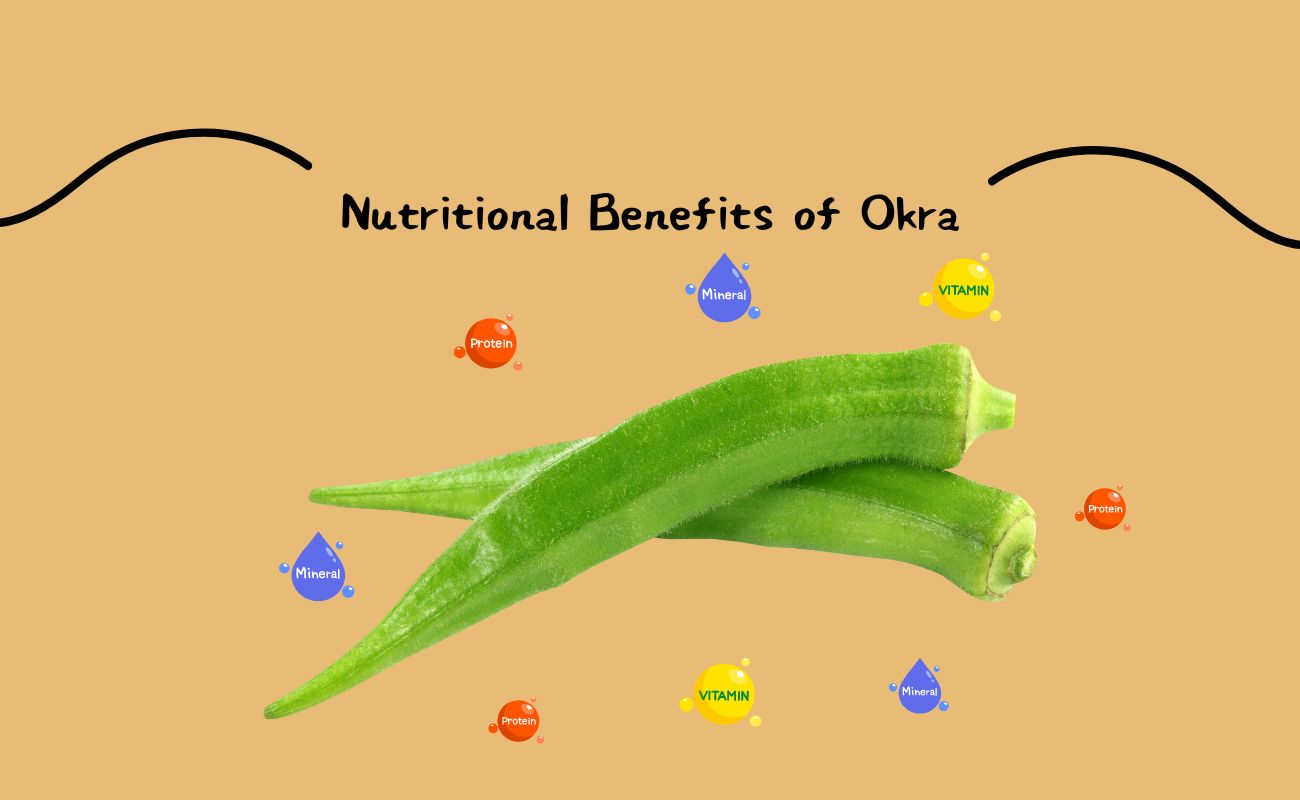
Nutritional Benefits of Okra
Okra is packed with vitamins and minerals that are beneficial for humans, but what about cats? This vegetable contains vitamins A, C, and K, as well as folate and fiber. While cats do not require these vitamins from plant sources, small amounts can complement their diet. Fiber can aid in digestion, and vitamins can contribute to overall health. However, it’s important to remember that these benefits are secondary to the primary needs of a meat-based diet for cats.
Sure! Here’s a table outlining the nutritional profile of okra per 100 grams (approximately one cup of raw okra):
| Nutrient | Amount per 100g | % Daily Value* |
|---|---|---|
| Calories | 33 kcal | 2% |
| Carbohydrates | 7.5 g | 3% |
| Dietary Fiber | 3.2 g | 13% |
| Sugars | 1.5 g | – |
| Protein | 2.0 g | 4% |
| Fat | 0.2 g | <1% |
| Saturated Fat | 0.0 g | <1% |
| Cholesterol | 0 mg | 0% |
| Vitamin A | 36 µg | 4% |
| Vitamin C | 23 mg | 25% |
| Vitamin K | 31.3 µg | 26% |
| Folate | 60 µg | 15% |
| Calcium | 82 mg | 8% |
| Iron | 0.62 mg | 3% |
| Magnesium | 57 mg | 14% |
| Phosphorus | 61 mg | 6% |
| Potassium | 299 mg | 6% |
| Sodium | 7 mg | <1% |
| Zinc | 0.58 mg | 5% |
*Percent Daily Values (DV) are based on a 2,000 calorie diet. Your daily values may be higher or lower depending on your calorie needs.
This table includes the key nutrients found in okra, making it easier to understand its health benefits for both humans and cats.
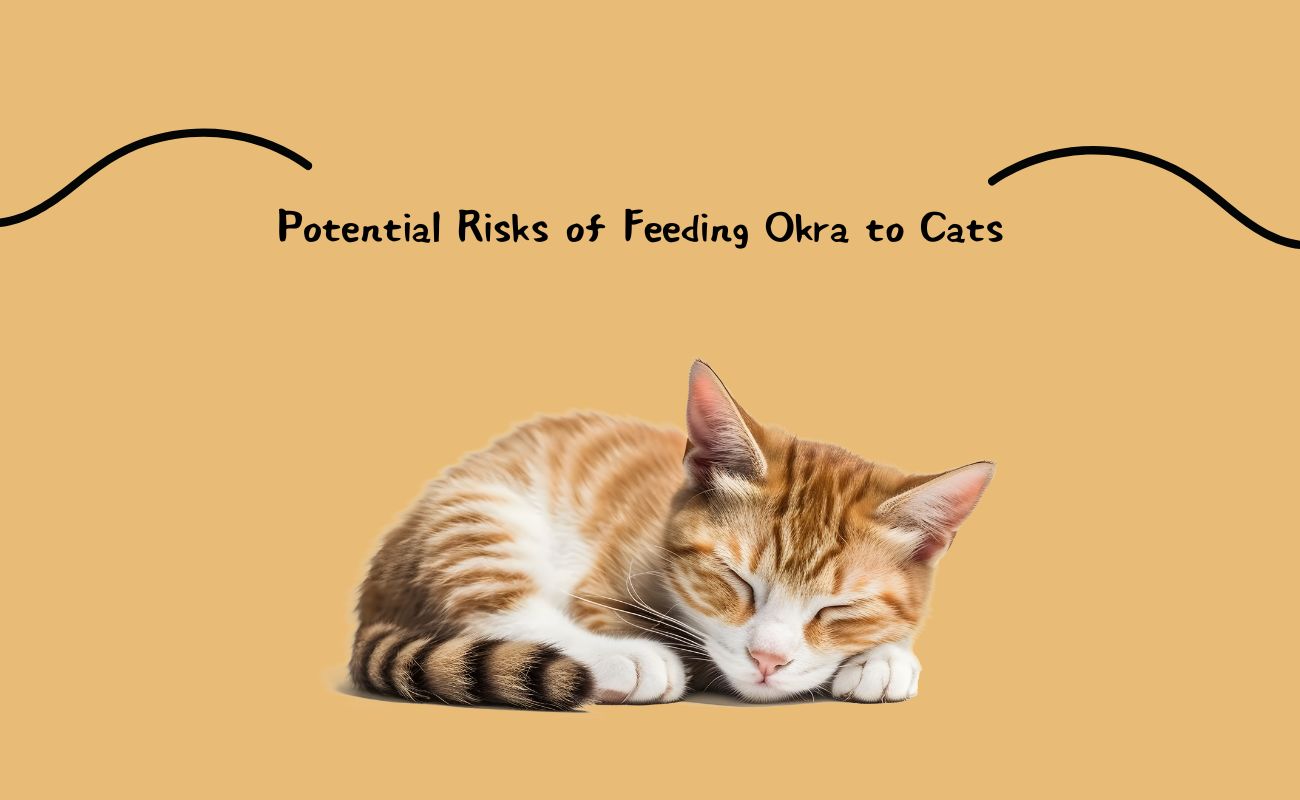
Potential Risks of Feeding Okra to Cats
While okra is not toxic to cats, there are potential risks to consider. Feeding large amounts of okra can lead to digestive issues such as upset stomach, diarrhea, or constipation due to its high fiber content. Additionally, any spices, seasoning, or cooking methods involving oil or butter can be harmful. Always serve okra plain and cooked to avoid these risks. Monitoring your cat for any signs of discomfort or allergic reactions is crucial when introducing new foods.
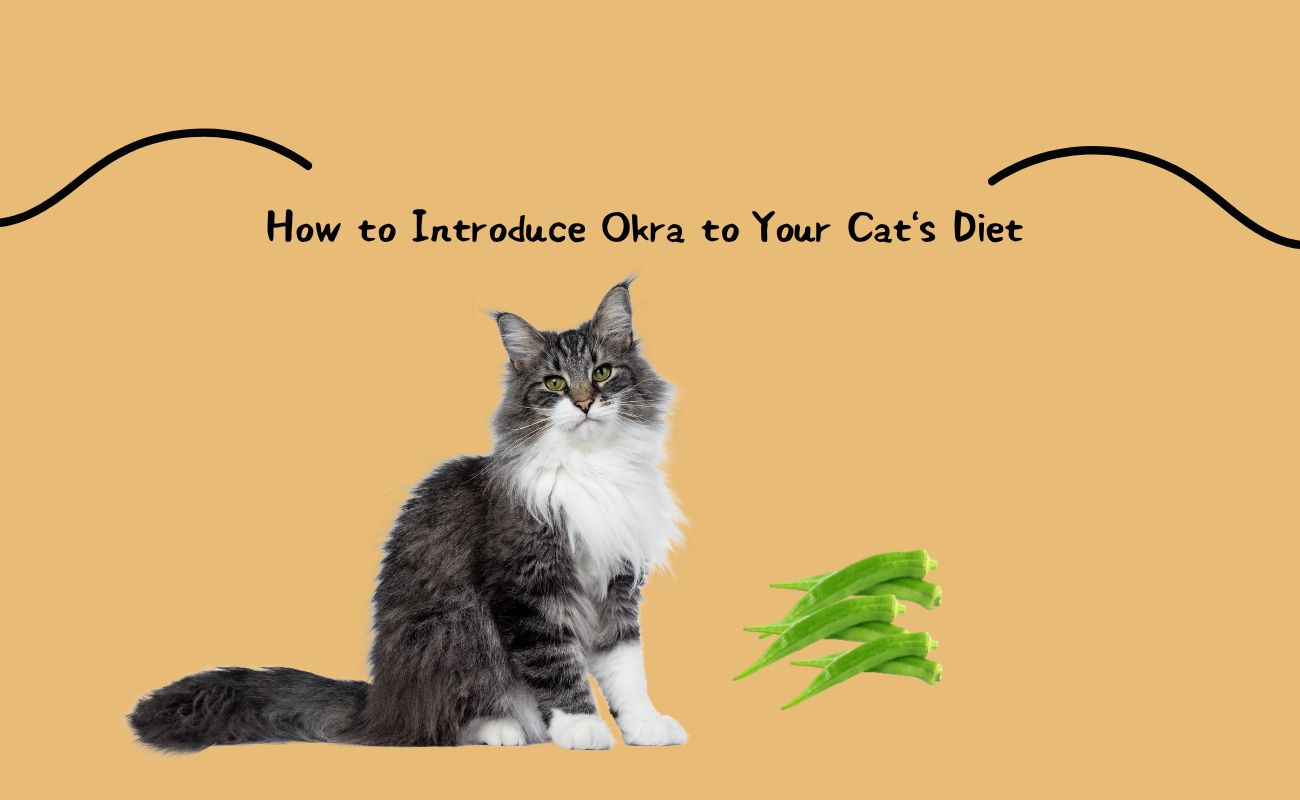
How to Introduce Okra to Your Cat’s Diet
If you decide to introduce okra to your cat’s diet, start with a very small amount. Cook the okra thoroughly without any seasoning. Offer a small piece and observe your cat’s reaction over the next 24 hours. If there are no signs of digestive upset or allergic reactions, you can occasionally give your cat small pieces as a treat. However, remember that okra should never replace their regular, balanced diet.
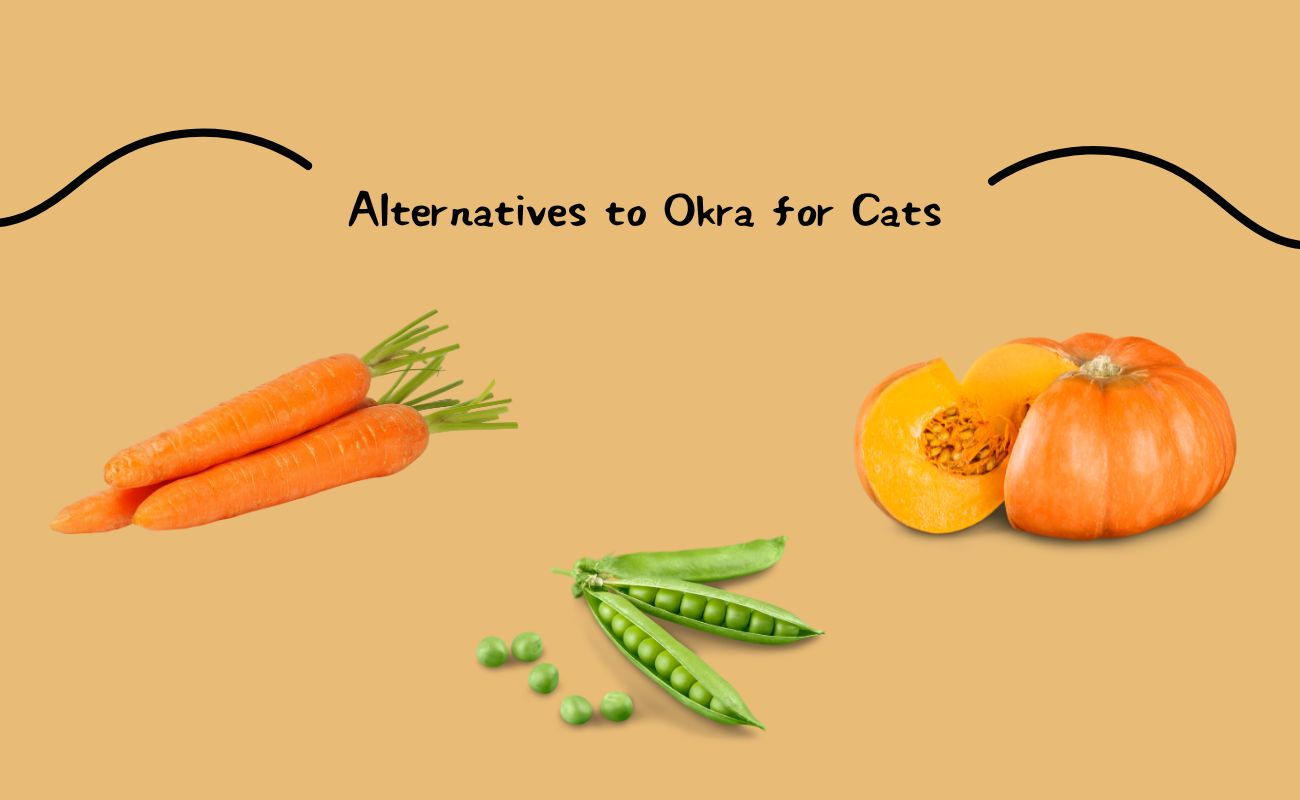
Alternatives to Okra for Cats
If you’re looking for safe vegetables to include in your cat’s diet, there are alternatives to consider. Carrots, peas, and pumpkin are generally safe and can provide some nutritional benefits. As always, these should be given in moderation and prepared plainly. Consulting with your veterinarian about the best options for your cat’s specific dietary needs is the best approach.
Summary:
Can Cats Eat Okra?
So, can cats eat okra? In small, cooked, and unseasoned amounts, okra can be a safe and occasional treat for your feline friend. However, it should never replace a balanced, meat-based diet. Always monitor your cat’s health and consult with your veterinarian before introducing new foods. By doing so, you ensure that your pet remains healthy and happy while exploring new tastes.
Ensuring your cat’s diet is safe and nutritious is essential for their well-being. By understanding which foods are appropriate and how to introduce them safely, you can provide a varied and enjoyable diet for your furry companion.

